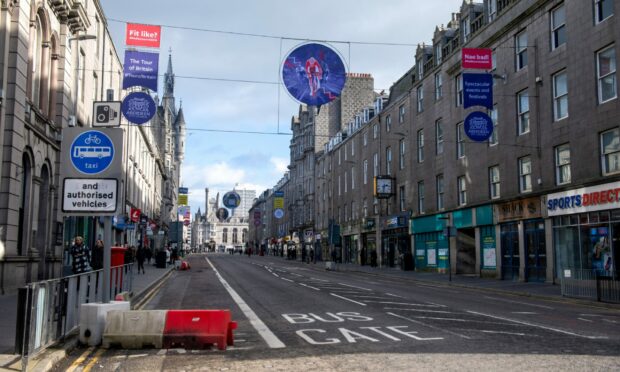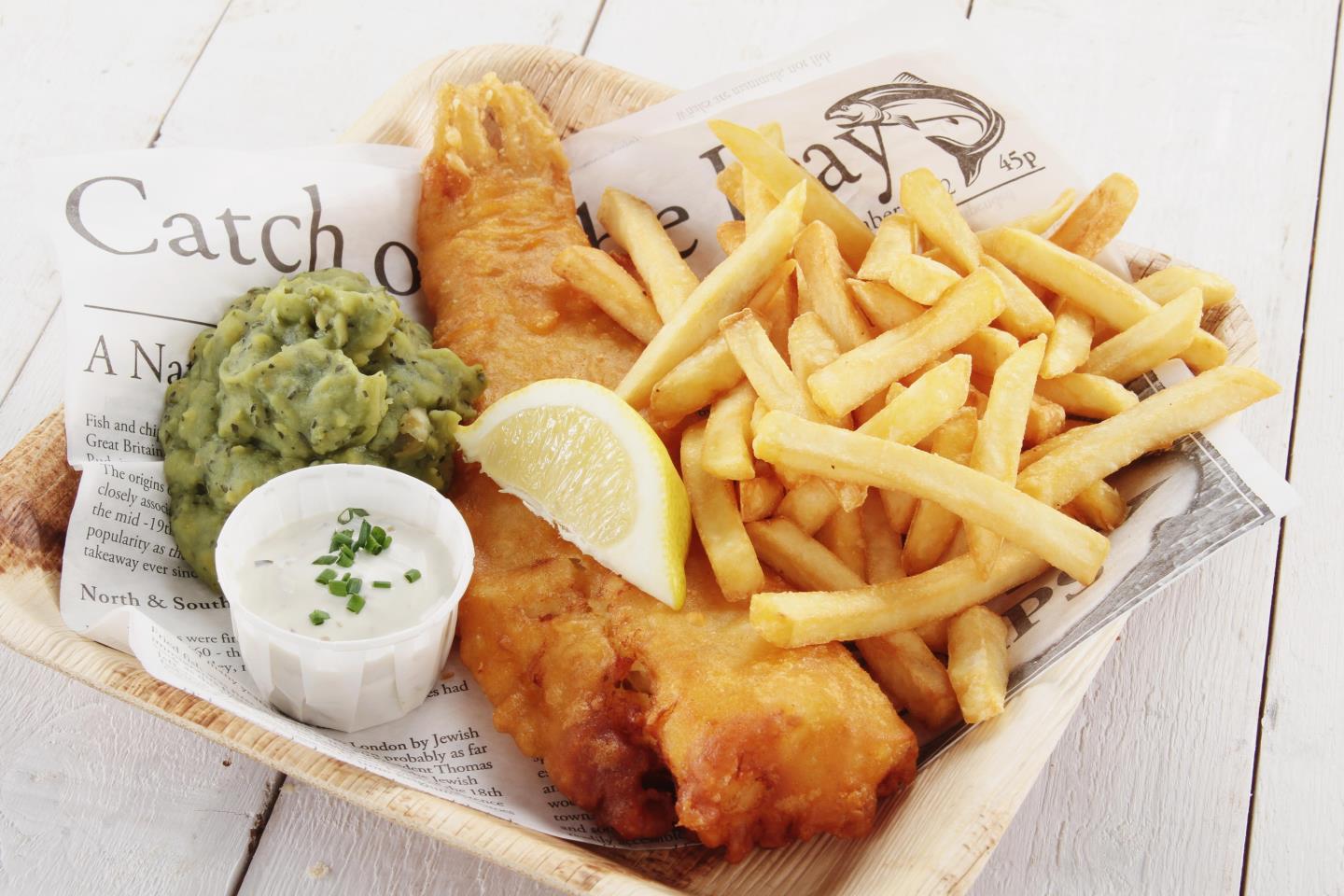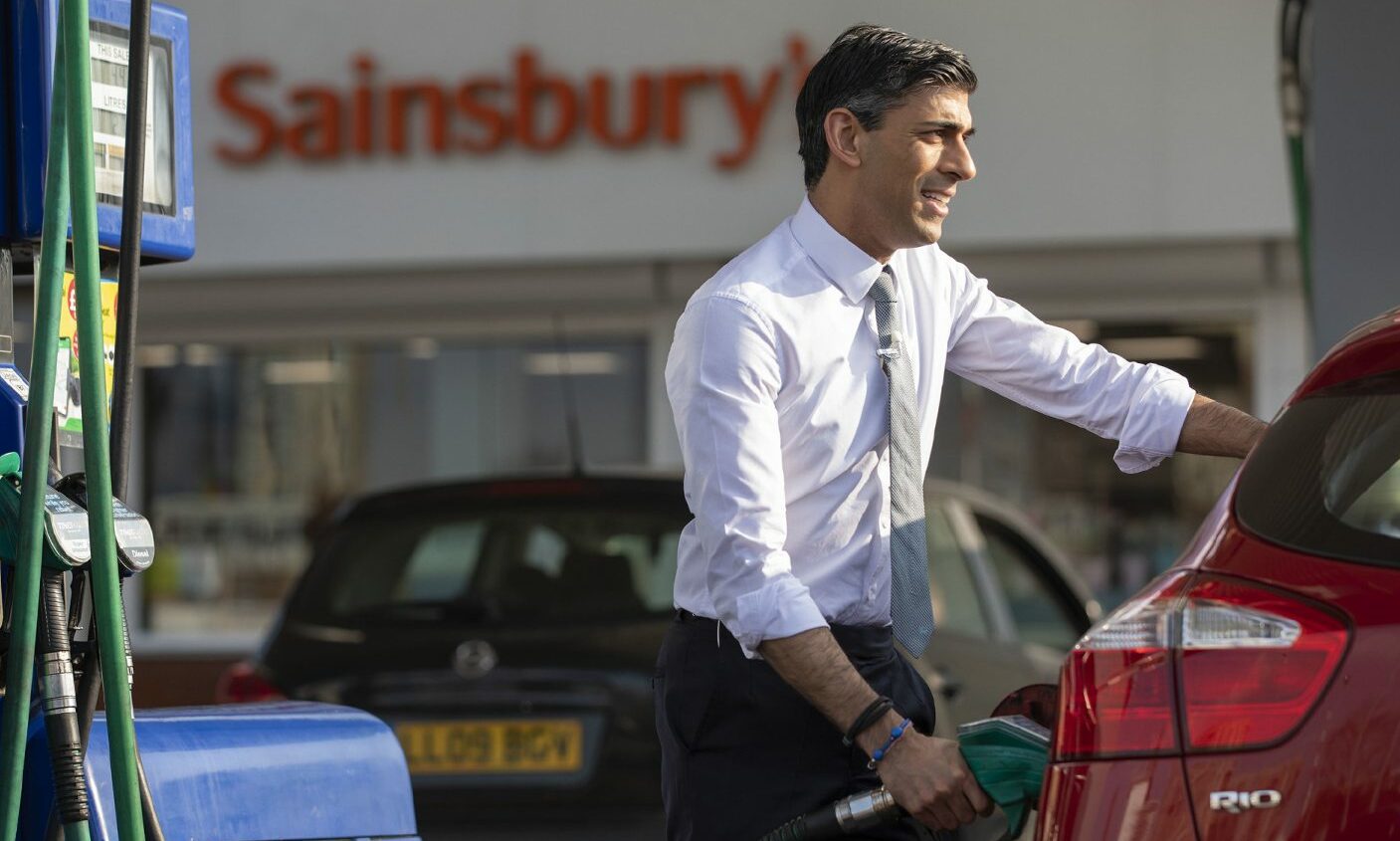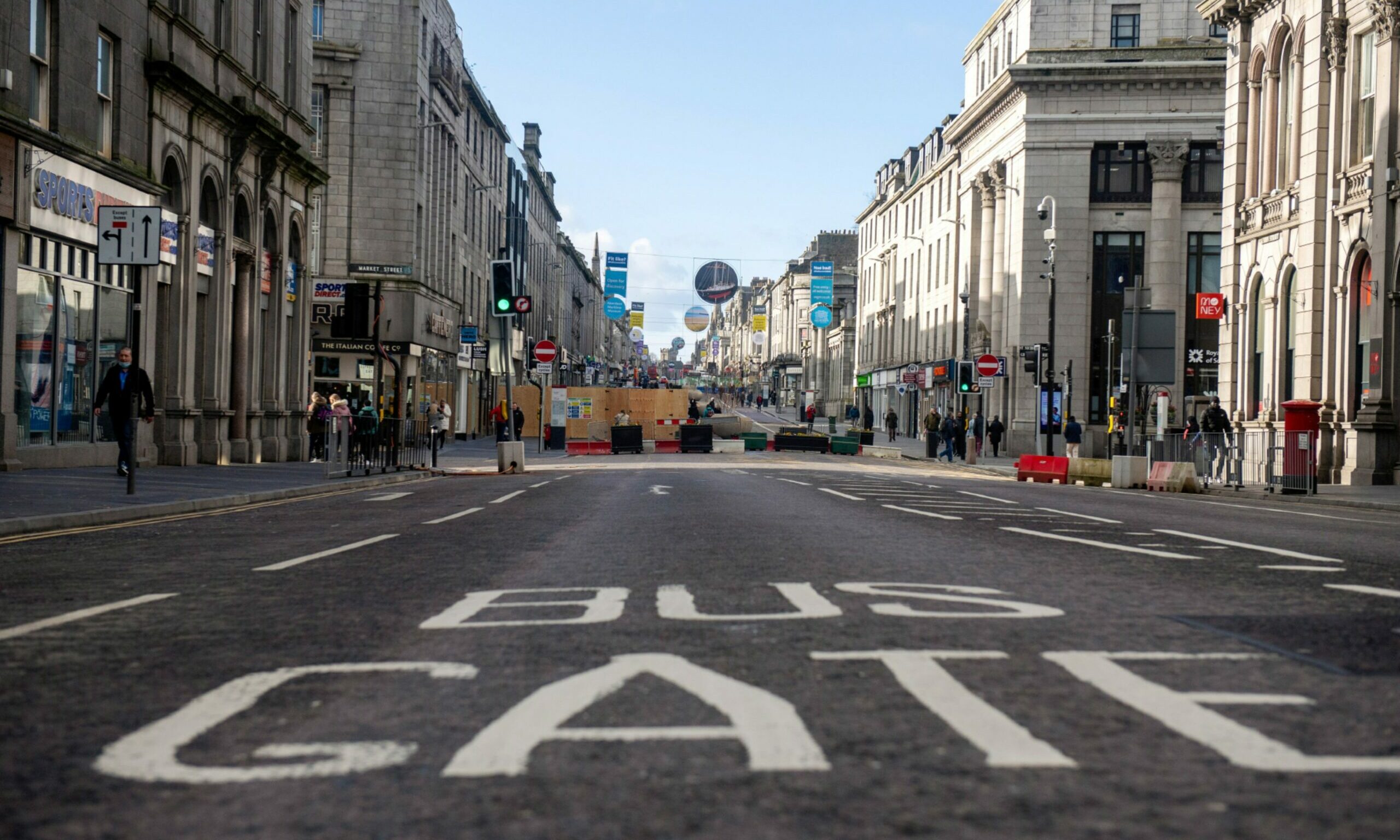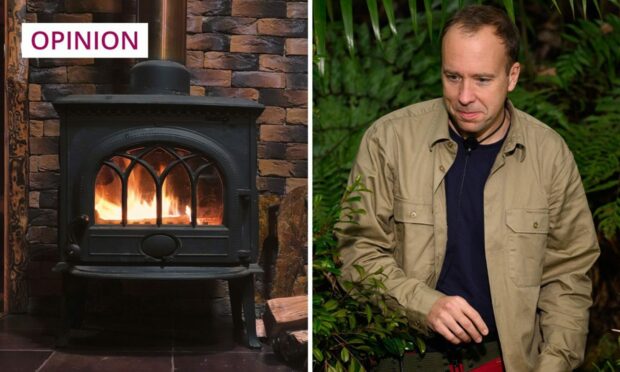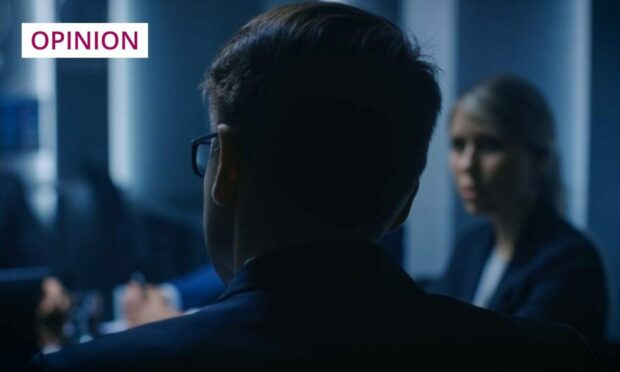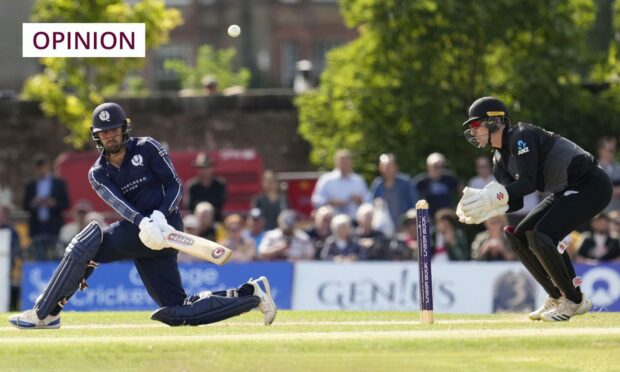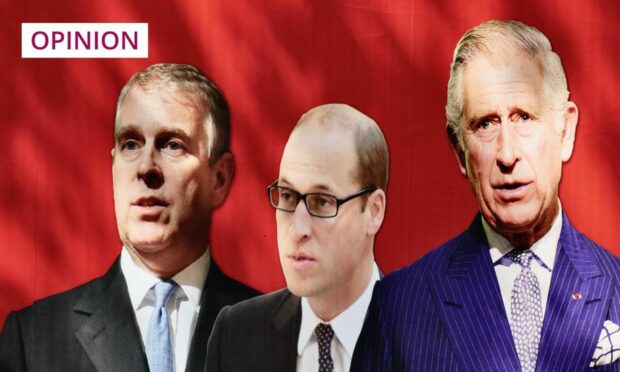There was a time when people used to say: “What’s that got to do with the price of tea in China?”
I think there was another variant about the price of beans. In fact, you could leave it blank and insert virtually any commodity you fancied.
I think it originated in the hit-and-miss world of economic forecasting, but grew into a jokey reference to anything completely irrelevant.
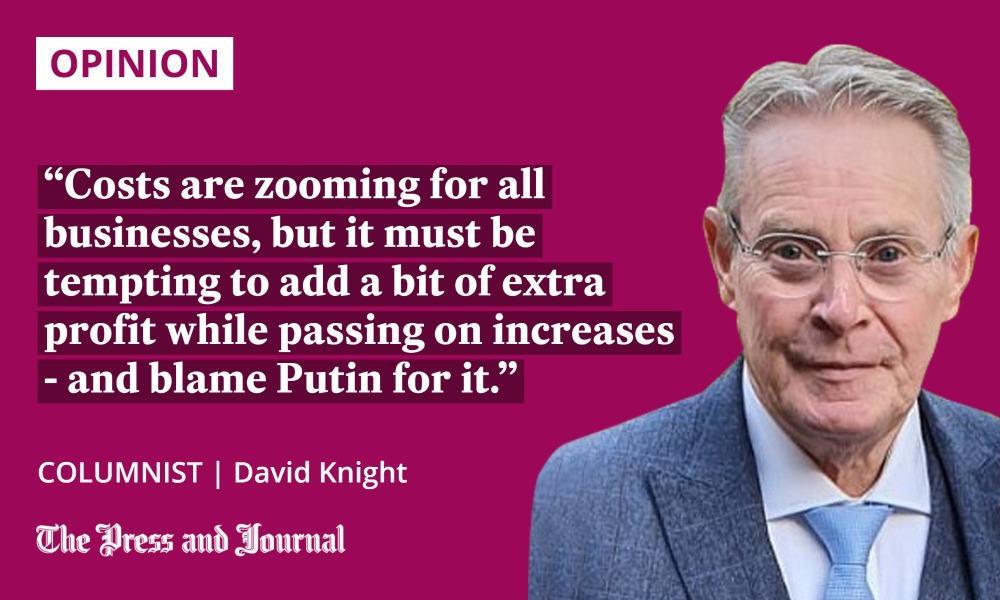
There is another derogatory old phrase about “knowing the price of everything and the value of nothing”. The irony now, of course, is that these details matter, in the worst economic crisis most of us have ever known.
Take chips, for example. As a kid, I seemed to spend half my life in our local fish and chip shop after being sent out by mum with a few coins from her purse to buy fish and chips for the five of us.
We didn’t have many coins to rub together, but fish and chips seemed to be a cheap nourishing food for the masses.
Last week, I was charged almost £5 for a large portion of chips in a run-of-the-mill Aberdeen chipper. They were not very good, either: slow service, undercooked and overpriced.
If I had taken the owner to task, I am sure responsibility for chips nudging £5 a bag would have been attributed to rising costs among those who deliver or grow potatoes.
What’s the price of diesel got to do with a chipper?
I don’t think Chancellor Rishi Sunak’s much-derided cut in fuel tax will have a significant effect on the price of chips.
Any benefit for me seems to literally evaporate out of the tank in my car in the time it takes to fill up. What use is a 5p reduction compared to the price of my diesel rocketing by 30p a litre in a matter of weeks?
Yes, I know it could be a lot worse: the cost of living here is nothing compared to the cost of dying in Ukraine.
But, if people started to die from cold or hunger, the wheels would come off pretty quickly in Westminster, and Holyrood, for that matter.
The Scottish Government’s £150 hardship payment through a council tax reduction works out to about £2.88 a week over a year. It’s less than 60p each for a family of five.
Potential for manipulating the market
In crises, there are always people on the make. Costs are zooming for all businesses, but it must be tempting to add a bit of extra profit while passing on increases – and blame Putin for it.
I can’t prove it, but such temptation is only human nature.
Where can people turn for help in a financial meltdown?
A finger of suspicion points to various suppliers, but let’s not forget the crafty petrol stations, for example, which were already under fire for manipulating the market before Russia began murdering civilians in Ukraine.
Where can people turn for help in a financial meltdown?
Despite fried nerves from my chip shop experience, I was sitting in a Chinese takeaway the other night, staring at a wall. There was a red poster staring back; it urged people facing financial and emotional hardship to contact a special crisis hotline at Aberdeen Council.
Good luck with that; I couldn’t get a sensible response from the council even when my brown bins were not collected twice in a month – despite paying £30 for the privilege.
Aberdeen’s ‘golden gate’
This was the second communication I had seen from the council in a few hours. The other was a letter ordering me to pay a £60 penalty for driving into a restricted “bus gate” in Union Street, created during the pandemic as part of a shambolic “spaces for people” project.
Confusion on my part and being tricked by poor council road signage were to blame (in a recent P&J poll, more than 90% said warning signs were inadequate).
Now it’s more like a “golden gate” which keeps giving.
Would the nice hotline people pay my council fine for me? Hardly, but I felt like giving them a piece of my mind as Mr Angry.
“How dare you persecute unsuspecting drivers with 7,000 rip-off fines a month, from this spot alone, when you should be helping them through the crisis instead?
“And another thing: you claim fines go towards transport projects, but a road near me has been dug up so many times it’s crisscrossed by 30 tunnel markings. It looks like a wartime training area for POW escapees.”
I didn’t, but I felt better.
Now I feel anxious again: I have a horrible suspicion I was lured into the council’s “bus trap” not once, but twice.
David Knight is the long-serving former deputy editor of The Press and Journal
